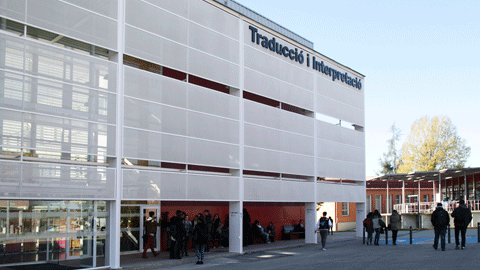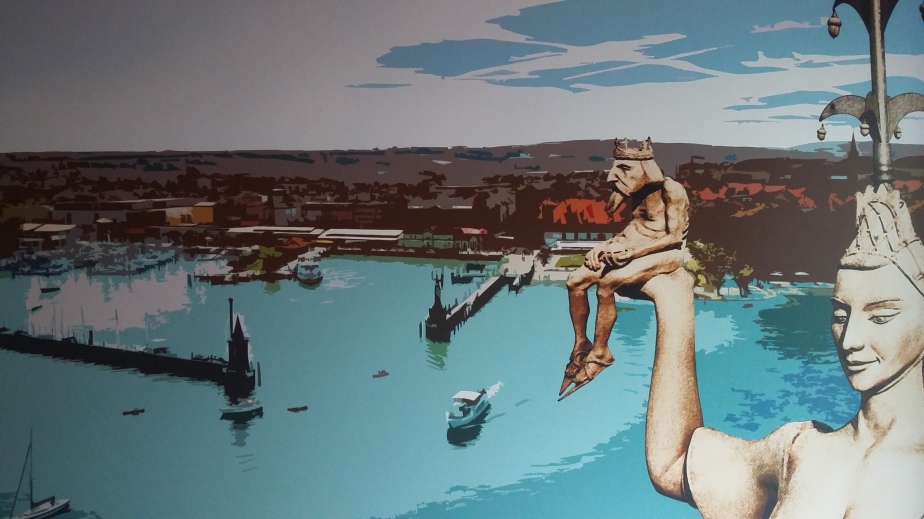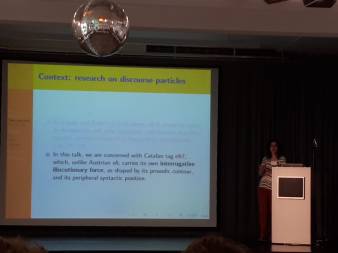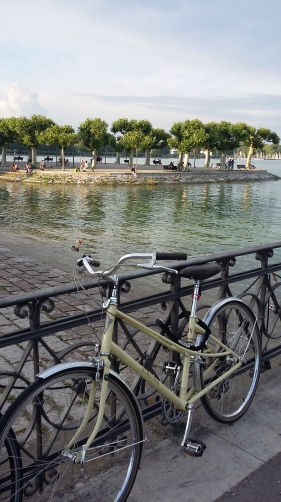Elena participated in the 28th Colloquium on Generative Grammar, which took place at the Universitat Rovira i Virgili (URV) in Tarragona, and was organized by former colleague and friend, Isabel Oltra-Massuet (see a report from URV’s digital journal here). The conference was preceded by a workshop on argument structure from the perspective of processing, and joined various invited presenters besides the CGG’s invited speakers (Loes Koring, Alec Marantz, Jaume Mateu, Colin Phillips, Gillian Ramchand, Linnaea Stockall, Andrew Nevins and Elena Castroviejo). As always, there was a selection of papers from international researchers.

Elena presented recent research based on her collaborative work with Berit on the intensification semantics of evaluative and manner modifiers.
The nice scientific program was accompanied by a fantastic social program, including a walk through Roman Tarragona on Wednesday and a walk through Medieval Tarragona on Thursday. Moreover, the conference signed up for COSWL pop-up mentoring event for the first time in Europe. In this event, senior women linguists spend some time with junior women linguists adressing questions, fears and sharing experiences. In fact, there will be another pop-up mentoring event at Sinn und Bedeutung 23 in Barcelona, so if you are not familiar with this program, don’t miss the chance and sign in!












